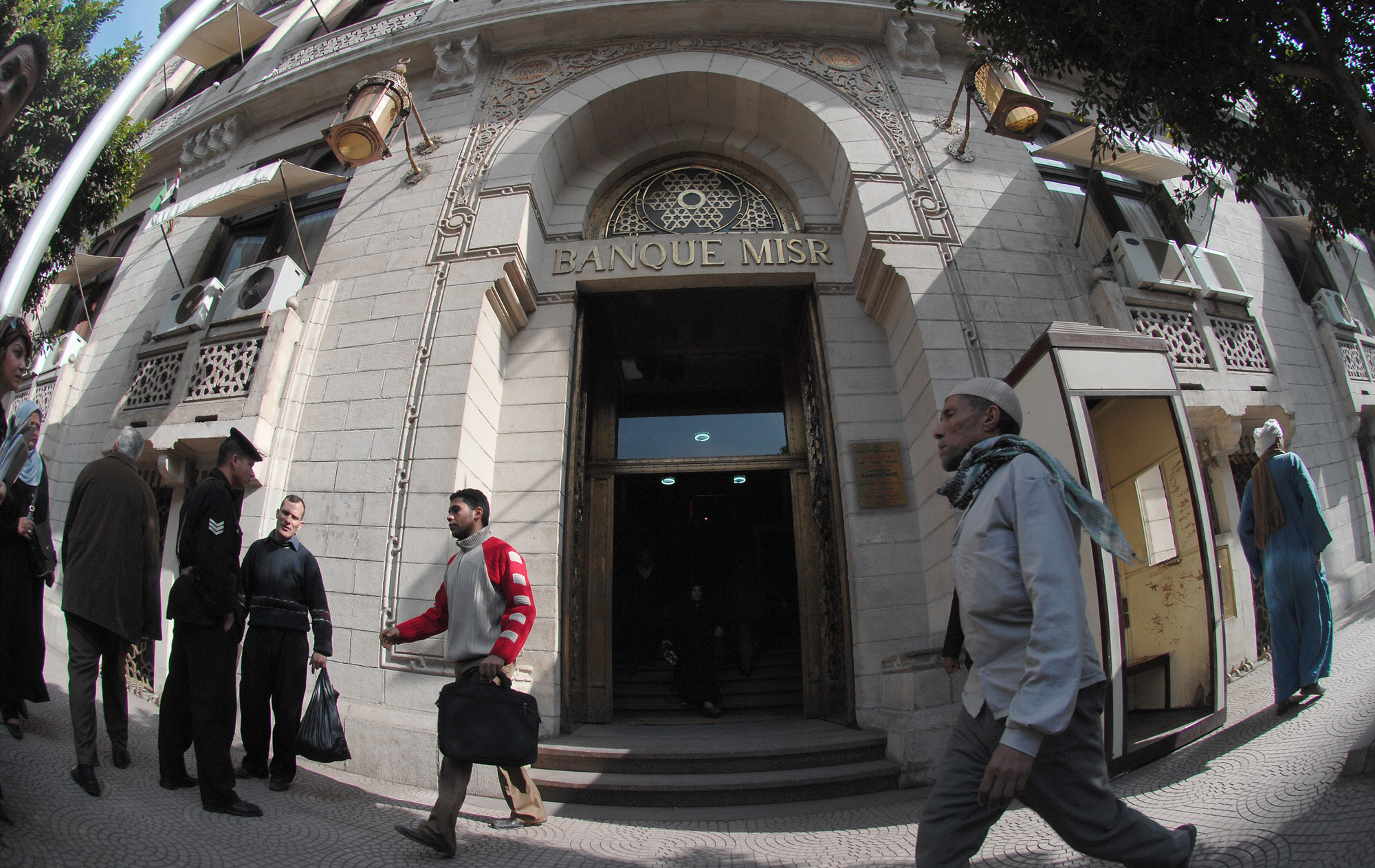CAIRO: Moody’s Investors Service said it downgraded Egypt’s government bond rating from B1 to B2 on Wednesday and placed it on review for further possible downgrade, concerned by political instability and economic woes.
The action comes a month after Standard & Poor’s cut its long-term rating on Egypt by one notch to B+ in reaction to popular unrest undercutting the country’s already weak political and economic outlook.
Moody’s said the "main driver" of the cut "is the continued unsettled political conditions after the elections held on Nov. 28 and the installation of yet another transitional government — the fourth since the country’s revolution in January 2011 — by the ruling military council.
"In Moody’s view, the repeated changes in government leadership have resulted in ineffective and unpredictable economic policies.
"Moreover, the protracted timetable for a transition to constitutional and civilian rule, as demanded by the major political parties, will likely continue to undermine investor confidence in the Egyptian economy."
On the economic side, Moody’s also highlighted a "continued and significant deterioration" in Egypt’s external payments position of 44 percent since last December.
While this level is currently "still adequate" for exchange rate policy and meeting near-term debt repayments, Moody’s noted that the depletion has accelerated since June.
Moreover, it said pressure on the balance of payments is compounded by the economic downturn in Europe, resulting in a sharp drop in tourism receipts and the prospect of exports and Suez Canal receipts faltering.
Furthermore, foreign direct investment has suffered a "dramatic contraction" to a $65 million outflow in 2011’s first half from a $4.2 billion inflow a year earlier.
"In the absence of further financial support, Moody’s believes that the Central Bank of Egypt will find it increasingly difficult to maintain adequate international liquidity in the months or year ahead, raising the risk of a balance-of-payments crisis."
The third key factor cited by Moody’s is increasing pressure on government finances, with the budget deficit likely to widen to around 10 percent of GDP this fiscal year and a sharp rise in borrowing costs pushing debt-servicing costs up from an already high level.
"The continued elusiveness of a meaningful level of exceptional external financial support is the fourth factor underlying Moody’s rating action," the agency said.
It said the International Monetary Fund offered a $3 billion standby arrangement in June, and the governments of Saudi Arabia and the United Arab Emirates are reported to have offered $7 billion in economic pledges.
"In Moody’s view, such funding would relieve pressures on both the fiscal and external payments positions and help restore investor confidence."
As to the review, Moody’s said it is watching whether forex reserves continue to decline at the pace seen over the past two months and whether funding costs continue to trend upward.
"Continued social unrest and political uncertainty would also be credit negative," it concluded.


